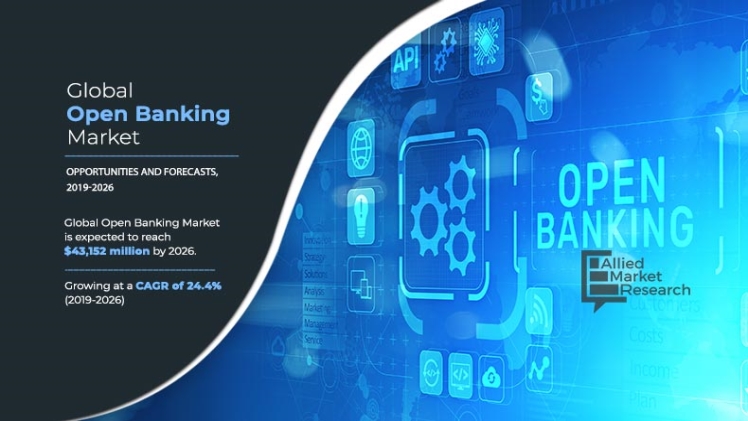Normative approach (Prescriptive approach). In this approach, the government uses regulations or laws to force the bank to do Open API. Therefore, the bank must send customer information to other companies with the consent of that customer first. This approach encourages private companies to develop new financial corporate banking software as a service to meet people’s needs based on customer data stored at banks
A supportive approach (Facilitative approach) This approach has the government play a supporting role without coercion like the first approach. In many countries, governments use guidelines (Guidelines) and set standards for making Open APIs that are secure and easy to connect to other systems. or may be supported by interbank cooperation initiatives.
The release method according to the market mechanism With a market-driven approach, the public sector allows the private sector to develop Open API innovations without coercion or regulation freely. Most countries that opt for this approach tend to have the private sector with enough potential to take the initiative. Banking and financial services app development innovations related to open banking by itself, even though banks have not yet opened customer data via Open API to technology companies.
In addition to basic information about the bank’s products and services, Many countries often have Open API implementations for current account and payment information. This is because it is the most used account and can show the user’s income and expenditure flow. Examples of doing Open API abroad are:
Normative approach (Prescriptive approach)
-
- The European Union issued the Second Payment Service Directives (PSD2), a pioneering law to open API and later adopted by other countries to provide The data transmitted through the Open API includes current account data and payments. The PSD2 rule is intended to apply in the financial sector according to the EU General Data Protection Regulation (GDPR). It focuses on To facilitate the transfer of data (data portability) of financial data more.
-
- United kingdom There is an initial framework called the Open Banking Initiative, similar to PSD2’s approach, forcing commercial banks to exchange current account information of personal and business customers. This includes branch and ATM location information, as well as bank products and fees via Open API. It also standardized several aspects of the Open API and added operational assistance to its implementation. The measure has now been applied to all nine central banks in the UK.
-
- Australia Plans to Open API for Financial Product Data and Current Accounts but does not cover payment account information. It requires four major financial institutions to issue standards for open banking jointly and plans to launch data for the energy and telecommunications industries in the next phase. The government is also pushing for the Consumer Data Rights Act. It will provide content to cover the connection of data as well. This will divide the enforcement into different phases, with the first phase starting with the financial sector first.
A supportive approach (facilitative approach)
-
- Singapore encourages the release of financial product information. Current account and payment and published a guideline called “Finance-as-a-Low code ISV Banking and financial services API Playbook.” In addition, the government has been closely collaborating with the private sector and raising awareness of Open API development by holding seminars to invite experts to provide knowledge and insights. Understanding Open API Development.
-
- Hong Kong is similar to Singapore both in terms of information that encourages openness. as well as publishing a guideline “Open API Framework” to introduce Open API standards that can be easily interconnected. (Interoperable), as well as safety standards and good governance frameworks.
-
- Japan Bank of Japan amends the Banking Act to be in line with the European Union PSD2. The goal is that 80 financial institutions will open APIs by mid-2020, although there are no clear data portability rules yet.
-
- India The Indian authorities have developed many vital infrastructures. Both Unified Payment Interface (UPI) with Open API can use a single bank application to make payments or transfer money from different bank accounts. Including an account aggregator application allows financial institutions to conveniently send customer information to each other and reduce the time and process of submitting economic history to apply for loans with financial institutions and track payment status. Clients can also allow intermediaries to retrieve their financial history at various financial institutions, including banks. Insurance company investment broker and pension funds, and there are plans to open an Open API of data to telecom companies and healthcare facilities in the future.


